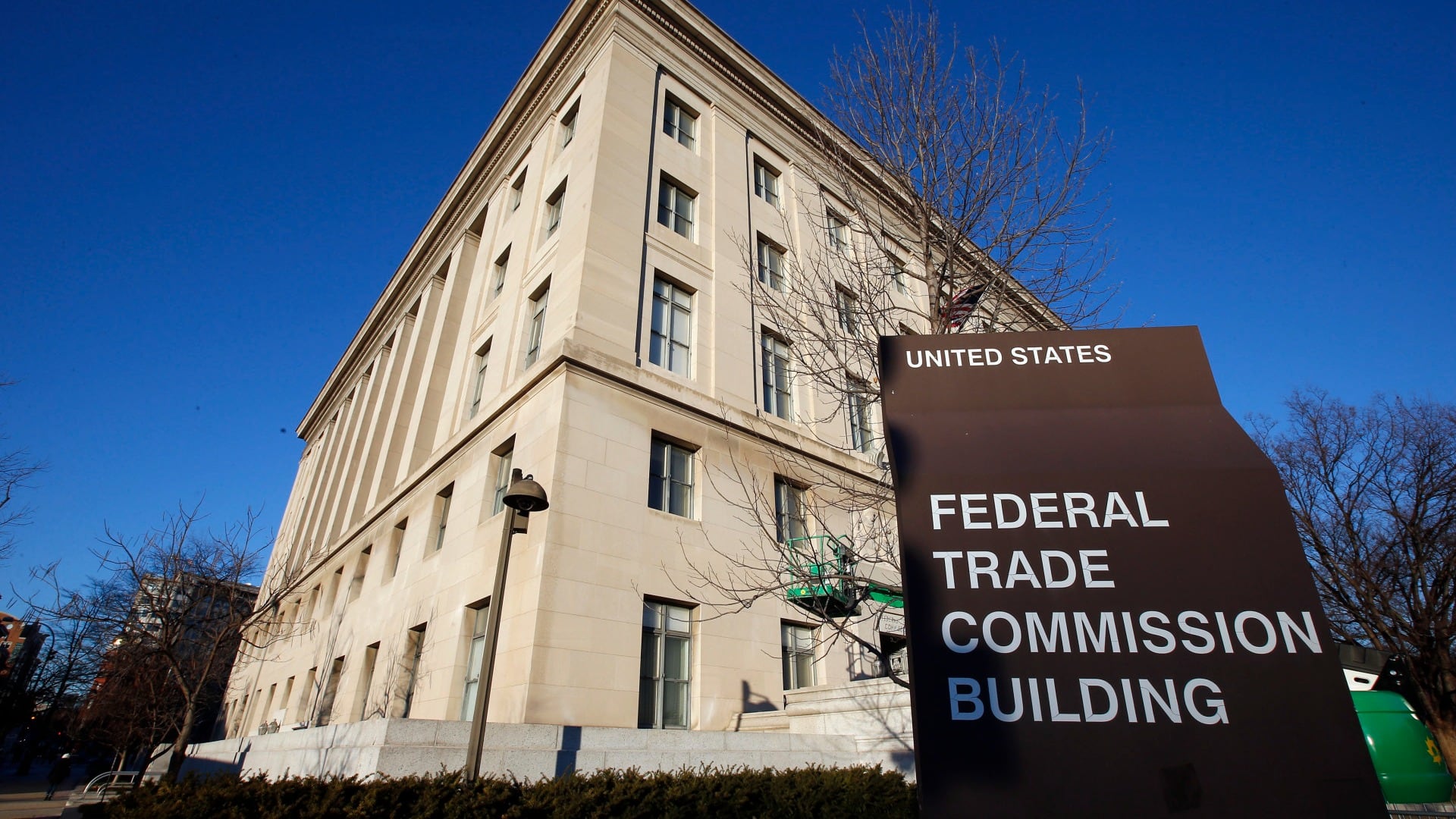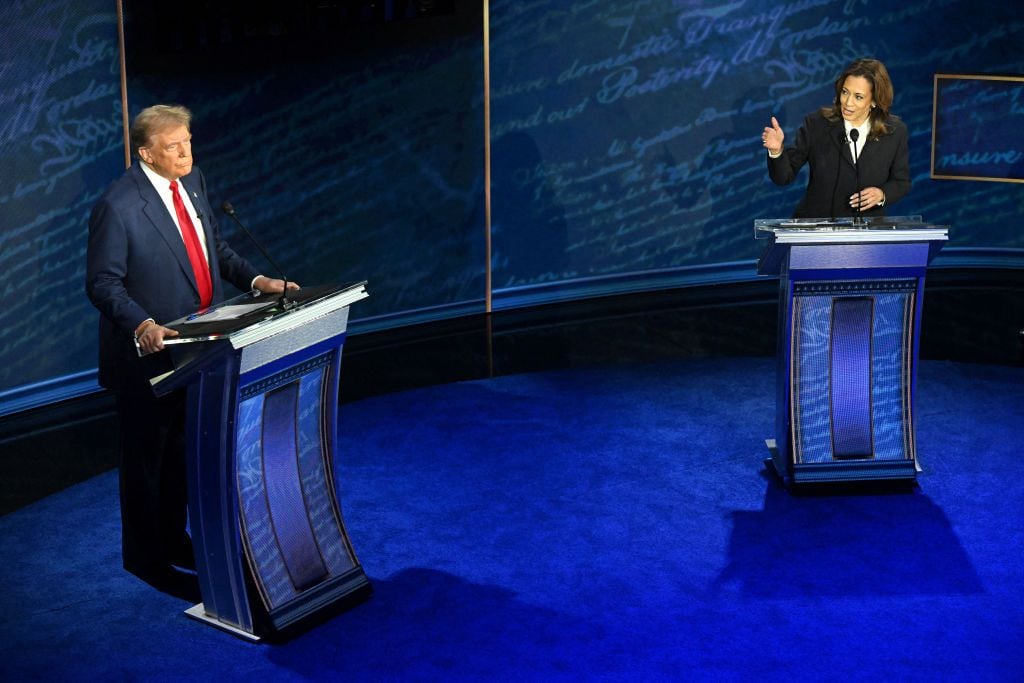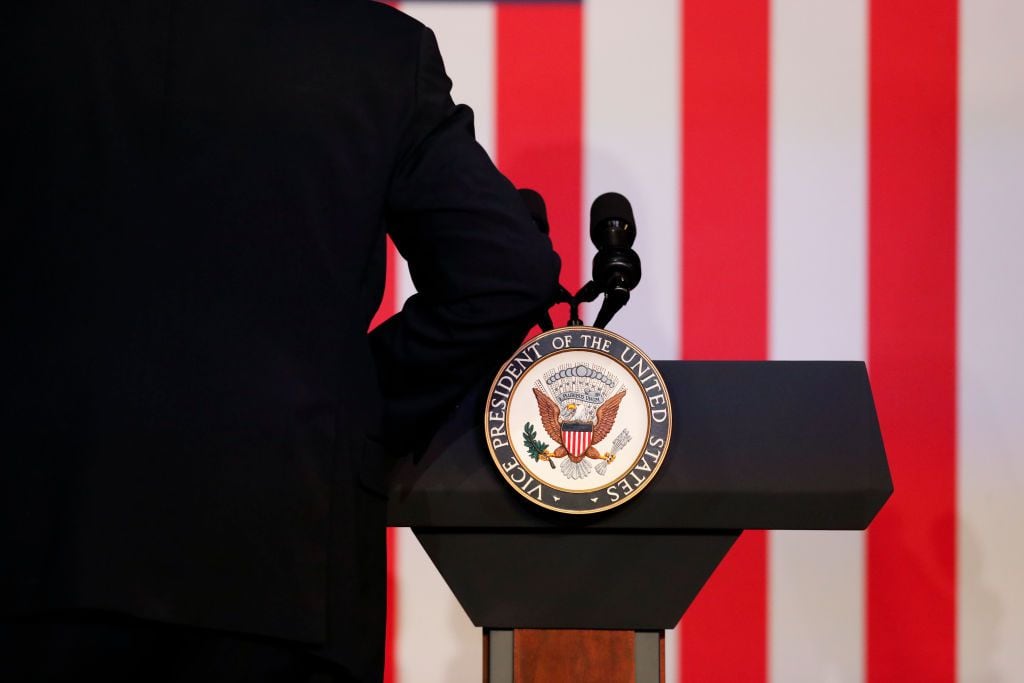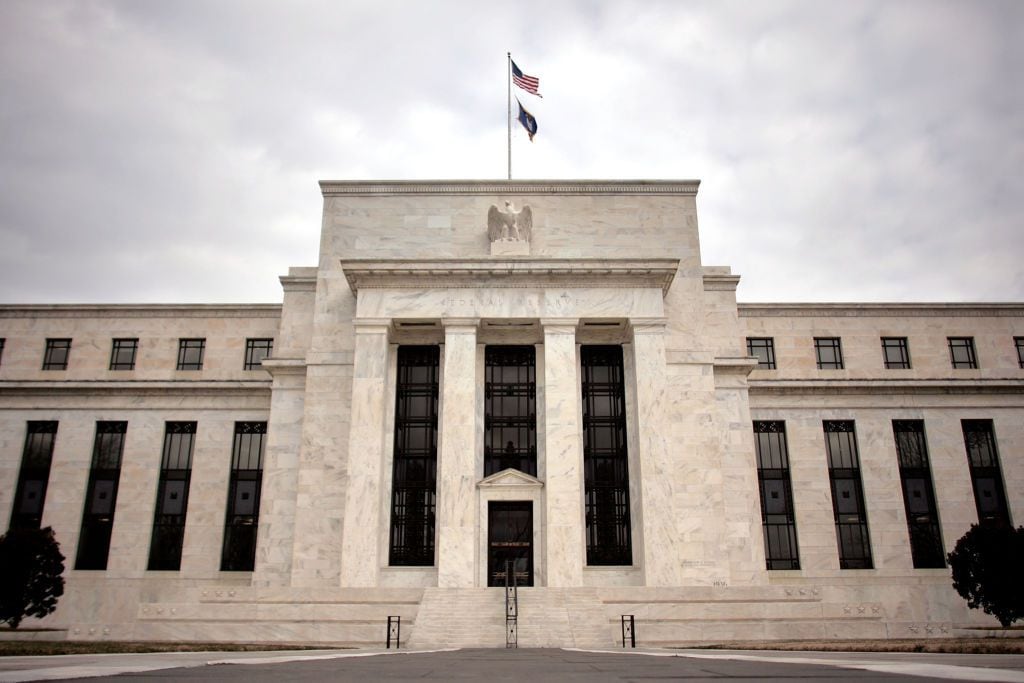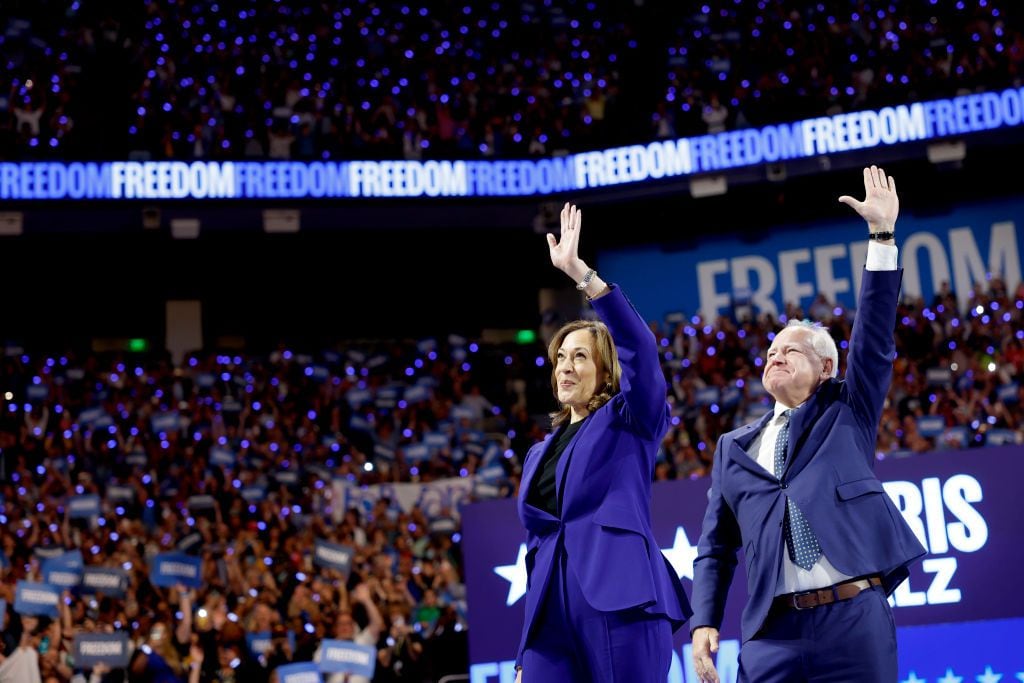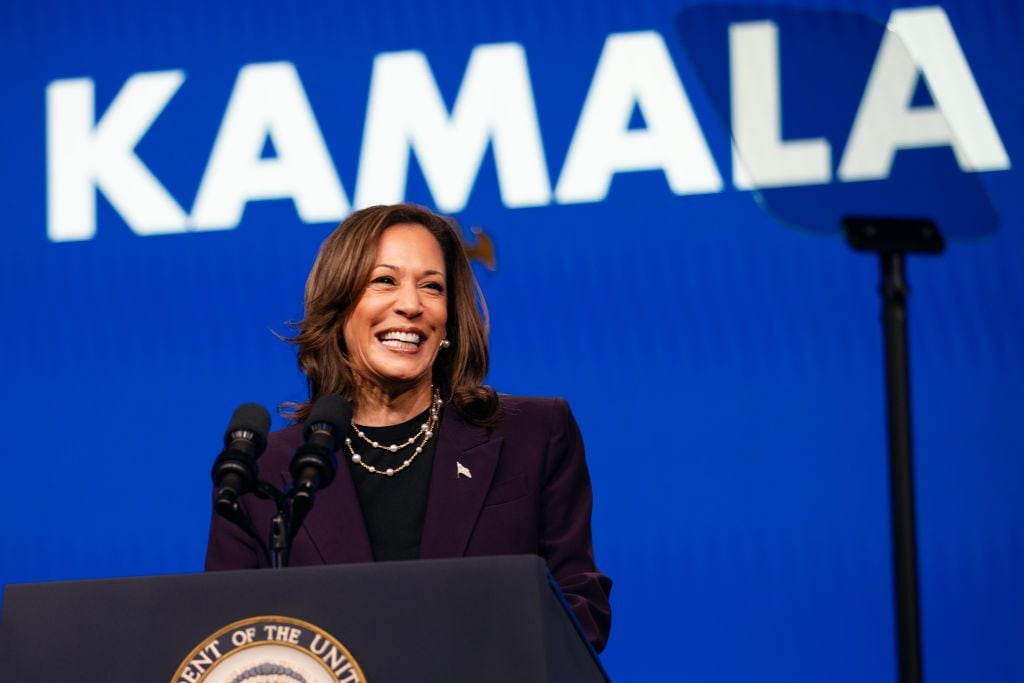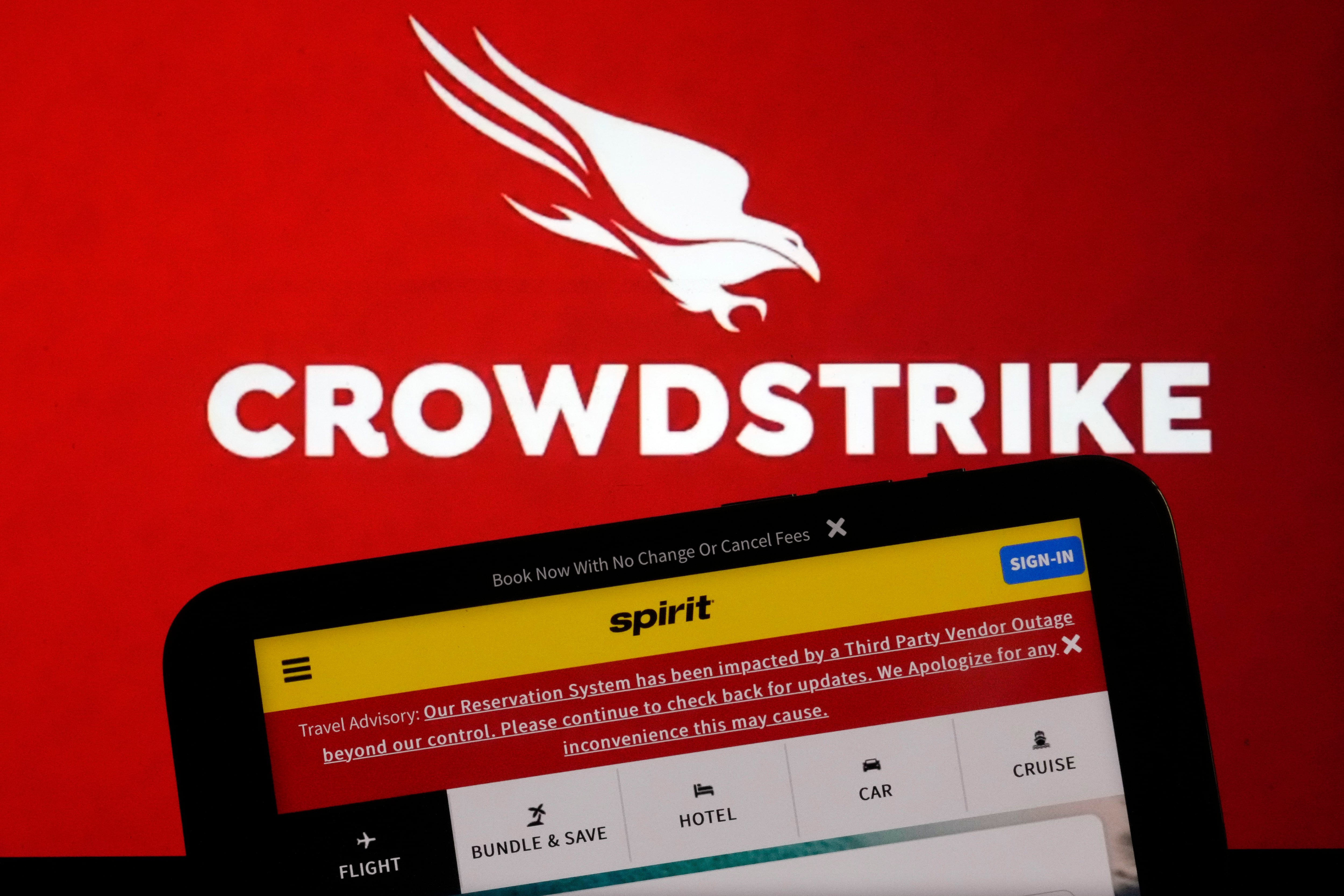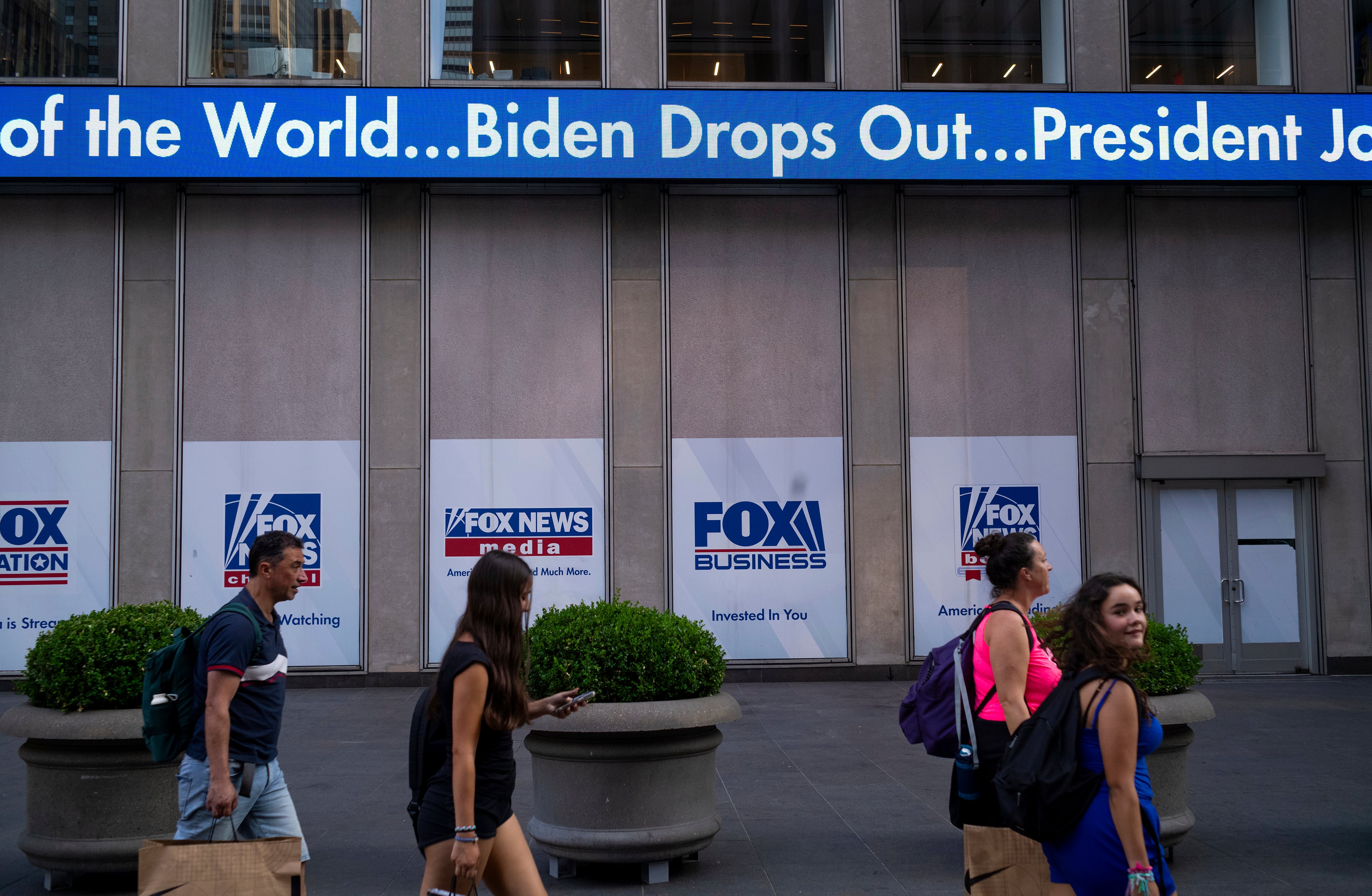The U.S. Federal Trade Commission (FTC) has proposed a rule that would ban the practice of companies forcing workers to sign non-compete clauses in their contracts.
Once limited to highly paid executive positions, such clauses are increasingly common in white collar jobs of all types of levels of compensation. One 2021 study out of the University of Chicago found that approximately 18 percent of the labor force is bound by non-competes.
Yet critics of the practice say it greatly limits workers' flexibility to change jobs.
“The freedom to change jobs is core to economic liberty and to a competitive, thriving economy,” said Chair Lina M. Khan in a statement. “Noncompetes block workers from freely switching jobs, depriving them of higher wages and better working conditions, and depriving businesses of a talent pool that they need to build and expand. By ending this practice, the FTC’s proposed rule would promote greater dynamism, innovation, and healthy competition.”
The FTC estimates the rule could increase overall wages by $300 billion per year. The agency is pursuing the ban under Section 5 of the FTC Act, which targets unfair methods of competition. The public now has 60 days to comment on the rule change.
“The proposed rule would ensure that employers can’t exploit their outsized bargaining power to limit workers’ opportunities and stifle competition," said Elizabeth Wilkins, director of the Office of Policy Planning at the FTC.
